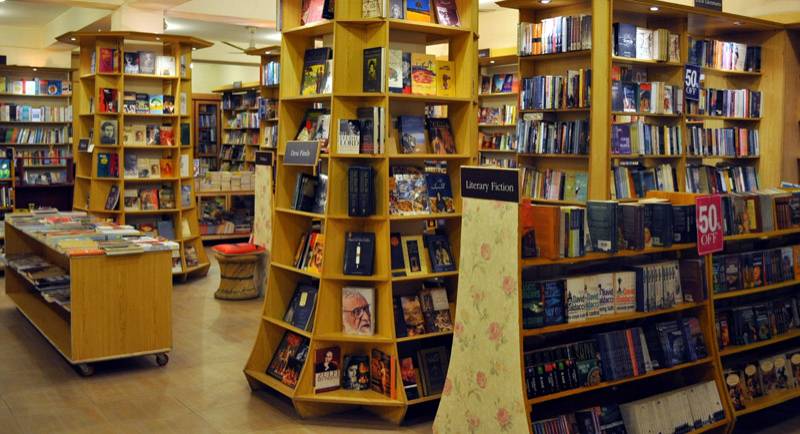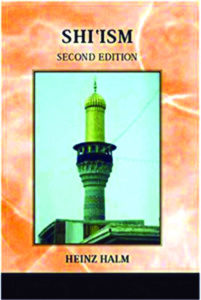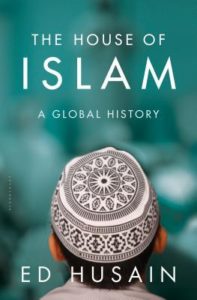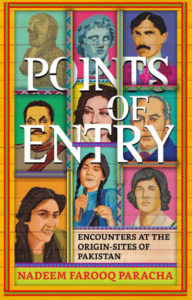

Reimagining Pakistan: Transforming a Dysfunctional Nuclear State
Husain Haqqani
HarperCollins Publishers (2018)
Salman Rushdie once described Pakistan as a ‘poorly imagined country’. Indeed, Pakistan has meant different things to different people since its birth seventy years ago. Armed with nuclear weapons and dominated by the military and militants, it is variously described around the world as ‘dangerous’, ‘unstable’, ‘a terrorist incubator’ and ‘the land of the intolerant’. Much of Pakistan’s dysfunction is attributable to an ideology tied to religion and to hostility with the country out of which it was carved out – India. But 95 per cent of Pakistan’s 210 million people were born after Partition, as Pakistanis, and cannot easily give up on their home. In his new book, Husain Haqqani, one of the most important commentators on Pakistan in the world today, calls for a bold re-conceptualization of the country. Reimagining Pakistan offers a candid discussion of Pakistan’s origins and its current failings, with suggestions for reconsidering its ideology, and identifies a national purpose greater than the rivalry with India.
Husain Haqqani is Pakistan’s leading dissident public intellectual. In addition to serving as Pakistan’s ambassador to the United States from 2008-2011, he was an adviser to three civilian prime ministers, including Nawaz Sharif and the late Benazir Bhutto.

The House of Islam: A Global History
Ed Husain
Bloomsbury Publishing (2018)
A fascinating and revelatory exploration of the intricacies of Islam and the inner psyche of the Muslim world from the bestselling author of The Islamist
‘Islam began as a stranger,’ said the Prophet Mohammed, ‘and one day, it will again return to being a stranger.’
The gulf between Islam and the West is widening. A faith rich with strong values and traditions, observed by nearly two billion people across the world, is seen by the West as something to be feared rather than understood. Sensational headlines and hard-line policies spark enmity, while ignoring the feelings, narratives and perceptions that preoccupy Muslims today.
Wise and authoritative, The House of Islam seeks to provide entry to the minds and hearts of Muslims the world over. It introduces us to the fairness, kindness and mercy of Mohammed; the aims of sharia law, through commentary on scripture, to provide an ethical basis to life; the beauty of Islamic art and the permeation of the divine in public spaces; and the tension between mysticism and literalism that still threatens the House of Islam.
The decline of the Muslim world and the current crises of leadership mean that a glorious past, full of intellectual nobility and purpose, is now exploited by extremists and channelled into acts of terror. How can Muslims confront the issues that are destroying Islam from within, and what can the West do to help work towards that end?
Ed Husain expertly and compassionately guides us through the nuances of Islam and its people, contending that the Muslim world need not be a stranger to the West, nor its enemy, but a peaceable ally.
Ed Husain was an Islamist radical in his teens and early twenties. After rejecting extremism, he travelled widely in the Middle East and worked for the British Council in Syria and Saudi Arabia. He is an adjunct senior fellow for Middle Eastern studies at the Council on Foreign Relations in New York; cofounder of Britain’s first Muslim counterextremism think tank, the Quilliam Foundation; and a former senior adviser at the Tony Blair Faith Foundation. He lives in London with his wife and daughter.

Points of Entry: Encounters at the Origin Sites of Pakistan
Nadeem Farooq Paracha
Tranquebar (2018)
Pakistan is more than the sum of its news-making parts. In these marvellous essays on history, politics and society, cultural critic Nadeem Farooq Paracha upturns various reductive readings of the country by revealing its multi-layered reality. With wit and insight, he investigates past events and their implications for modern-day society.
Thus, one piece explores how and why Mohenjo-daro has been neglected as a historical site, and another examines how Muhammad-bin-Qasim, who briefly invaded Sindh in 713 CE, has come to be lionised as the original founder of Pakistan. There is a story about a Pakistani Jimi Hendrix who plays the guitar like a dream and also one about a medieval emperor who lives on in the swear words of a Punjabi peasant. There are essays on Pakistani pop music, on Afro-Pakistanis and on how Jhuley Lal came to be more than just a folk deity for Sindhi immigrants in India.
Points of Entry examines the constant struggle between two distinct tendencies in Pakistani civic-nationalism—one modernist, the other theocratic—and the complex society it has birthed.
Nadeem Farooq Paracha is a well-known cultural critic, historian and columnist. He is associated with Pakistan’s largest English language daily, Dawn and also the author of two best-selling books on the social history of Pakistan: End of the Past and The Pakistan Anti-Hero.

